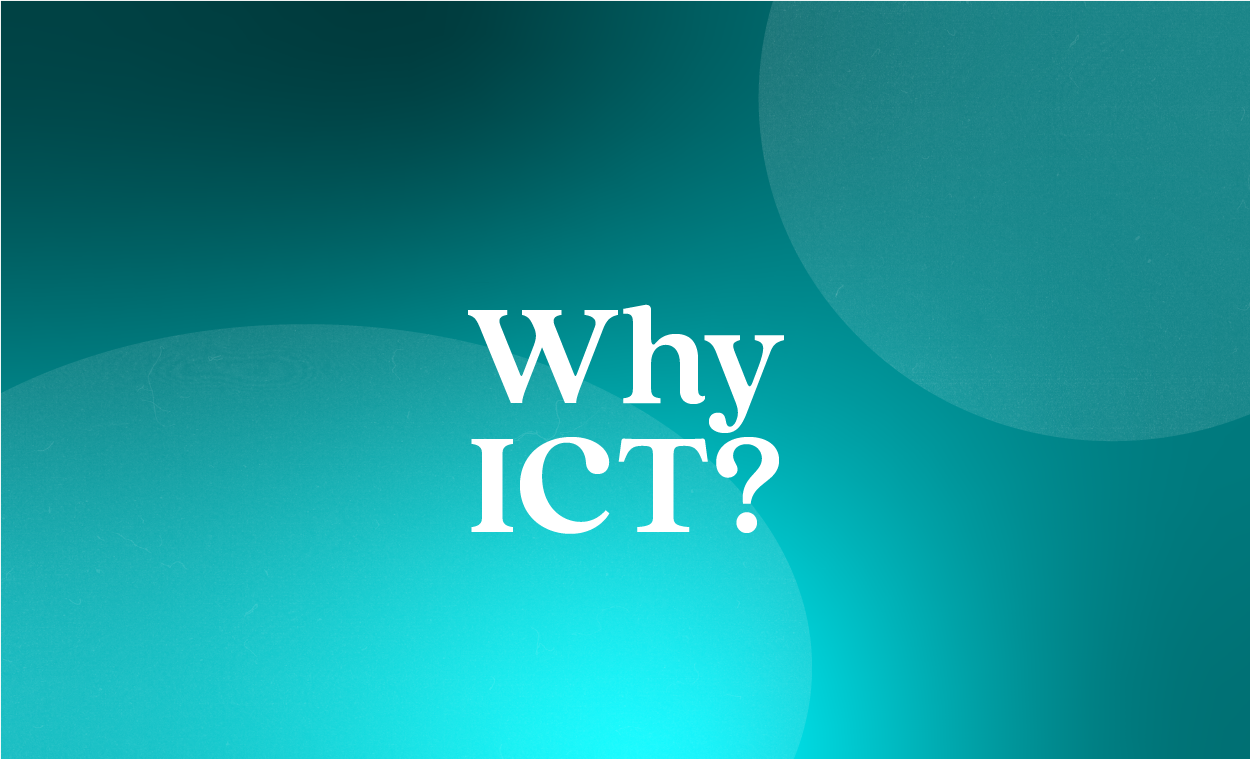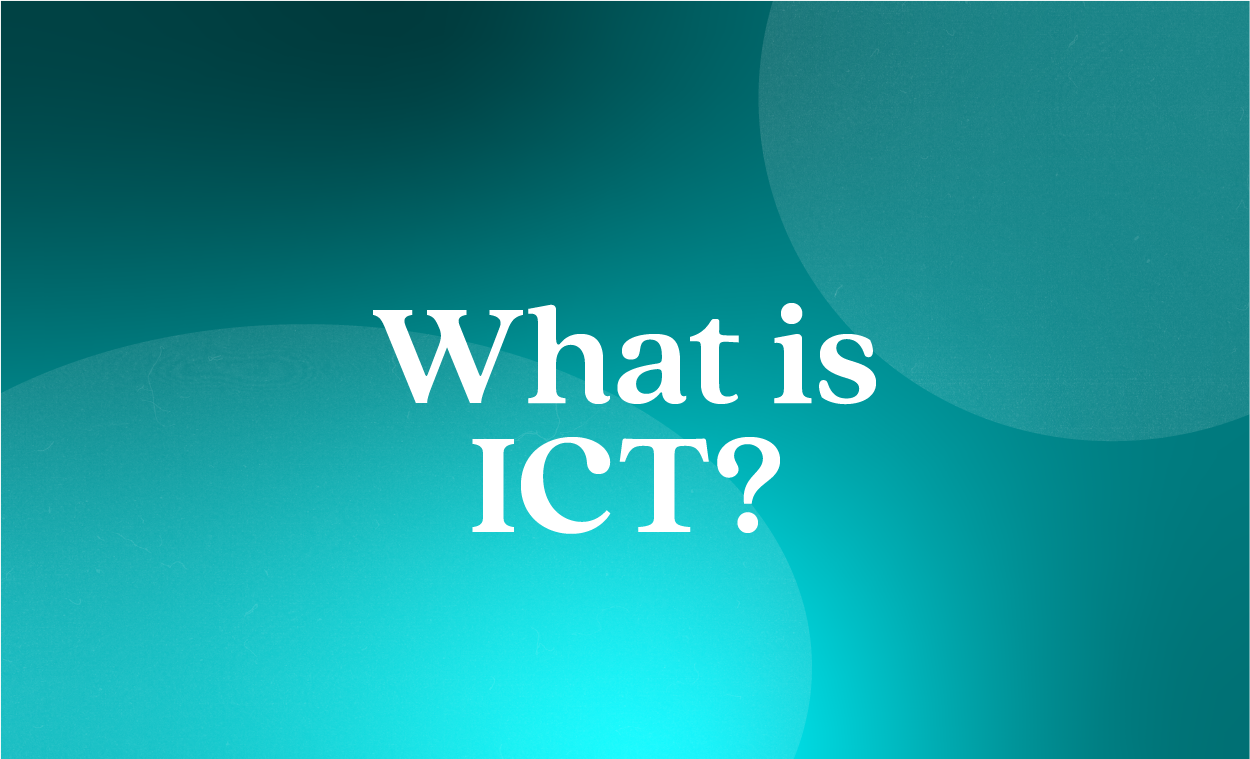Integrative Community Therapy Supported by Early Research
Use of Integrative Community Therapy is Supported by Early Research
Early research supports the use of Integrative Community Therapy as a first-line defense in treating mental health complaints.

A Groundbreaking Approach to Community and Therapy
Integrative Community Therapy is an open, large group dialogic practice that is meant to take place with between 15 and 200 people. The purpose is to discuss the emotional distress that individuals bring to a community, but also to create a universal approach to those same emotional distresses. The practice was inspired by Dr. Aldaberto Barreto, who conceptualized Terapia Comunitária Integrativa as a response to the disconnection, struggles to adapt, and anguish experienced by the people living in the favelas of Brazil.
Research on Terapia Comunitária Integrativa is relatively new, and has only become more common in the past decade. The majority of research on the topic is conducted by Brazilian researchers, with primary focus on qualitative outcomes. These studies provide data on outcomes among those who are treated. There is no research using randomized control trials, and therefore the following outcomes are sensitive to endogeneity from selection bias. Despite this, the research has pointed to positive outcomes.
Quantitative Studies Show Positive Outcomes
The most developed research program use of TCI was performed by a group of researchers in 2004, 2007 and 2009 using surveys from TCI participants from across the country. Of the 12,000 participants who were surveyed in 2004, only 11.5% required referral to an outside specialty service, while 88.5% reported that they had successfully resolved the issue that brought them to TCI. Similarly, in 2008, of the 5,200 who participated, 87.8% resolved their initial complaint by attending TCI and only 12.2% required further intervention. Based on these survey data, Barreto and his team concluded that by providing preventive and primary care-based TCI services, they had successfully diverted community members away from expensive and excessive specialty services that often have harmful adverse health effects (Barreto et al., 2011).
Silva et al. (2016) assessed mental health in the elderly population and found that elderly individuals who attended TCI sessions regularly were less likely to have a Geriatric Depression Scale (GDS) score ≥5.
Garcia (2018) showed a 20% decrease in SRQ scores after 12 weeks in a cohort of 115 patients who each attended an average of 3.5 sessions TCIover that time. Moreover, the decrease in SRQ was associated with a higher baseline SRQ score. This study also showed an increase in quality of life for participants.
Lemes et al. (2018) described TCI participation in incarcerated male patients with substance use disorder and showed a significant increase in resilience and use of social support networks, leading to improved stability.
Lemes et al. (2020) studied TCI groups in drug rehab centers and showed participants’ displayed growth in domains of social support, self-esteem and resilience.
Andrade et al. (2010) showed increased resilience and decreased use of prescribed psychotropic medications in patients who were referred to TCI through their primary care physician.
Silva (2016) showed an increase in self-esteem and healthy social ties in a group of 11 mental health service users who attended at least 6 TCI sessions.
Assis et al. (2017) observed improved self-esteem and self-empowerment in female participants of a TCI group who are victims of domestic violence.
More Benefits to Terapia Comunitária Integrativa
Additional studies, most often using oral histories and semi-structured interviews, show that benefits of TCI contributed to:
Strengthening of individual resilient attributes, such as self-empowerment, increased autonomy, self-esteem through reanalyzing narratives of life circumstances in a more positive light and empowering individuals to make change (Menezes Jr et al., 2019; Caricio, 2010; Cordeiro et al., 2011).
Practice of social networking encourages rebuilding and reinforcement of family, social, community and spiritual ties (Cordeiro et al., 2011; Filha et al., 2009; Menezes Jr et al., 2019; Fontes, 2020).
Shared examples of use of resilience skills leads to changes in behavioral health and improved psychological integration and rehabilitation (Carvalho et al., 2013).
Sense of empowerment, improved self-esteem and behavioral changes in senior citizens via collective expression of suffering and sharing of resilience strategies (Andrade et al., 2010).
Greater education about medications and integration of care through open discussion about the purpose for and use of psychotropic prescriptions (Souza et al., 2011).
Additional studies have shown that providers and professionals-in-training benefit from facilitating TCI sessions through provision of social support networks and creating a deeper understanding of participants’ struggles and unique competencies (Jatai & Silva, 2012; Carvalho et al., 2013). Similarly, healthcare workers have reported increased communication, understanding and humanistic care due to participation in TCI with patients (Neder & Pinheiro, 2010).
We are confident that further studies will replicate these results and look forward to blazing a trail for ICT to fit seamlessly into communities here in the United States.
Sources
Andrade, F. B. D., Filha, M. D. O. F., Dias, M. D., Silva, A. O., Costa, I. D. C. C., Lima, É. A. R. D., & Mendes, C. K. T. T. (2010). Promoção da saúde mental do idoso na atenção básica: as contribuições da terapia comunitária. Texto & Contexto - Enfermagem, 19(1), 129–136. doi: 10.1590/s0104-07072010000100015
Barreto, A. (2011). Terapia Comunitaria Na ESF/SUS. Retrieved April 4, 2020, from https://pt.scribd.com/document/270489889/terappia-comunitaria-na-ESF-sus-pdf
Barreto, A. (2012). Terapia comunitária: passo a passo (4th ed.). Fortaleza: Gráfica LCR.Ne
Burlingame, G. M., Seebeck, J. D., Janis, R. A., Whitcomb, K. E., Barkowski, S., Rosendahl, J., & Strauss, B. (2016). Outcome differences between individual and group formats when identical and nonidentical treatments, patients, and doses are compared: A 25-year meta-analytic perspective. Psychotherapy, 53(4), 446–461. doi: 10.1037/pst0000090
Burnes, T. R., & Ross, K. L. (2010). Applying Social Justice to Oppression and Marginalization in Group Process: Interventions and Strategies for Group Counselors. The Journal for Specialists in Group Work, 35(2), 169–176. doi: 10.1080/01933921003706014
Caricia, M. (2010). Terapia Comunitária: um encontro que transforma o jeito de ver e conduzir a vida (dissertation). Joao Pessoa.
Carvalho, M. A. P. D., Dias, M. D., Miranda, F. A. N. D., & Filha, M. D. O. F. (2013). Contribuições da terapia comunitária integrativa para usuários dos Centros de Atenção Psicossocial (CAPS): do isolamento à sociabilidade libertadora. Cadernos De Saúde Pública, 29(10), 2028–2038. doi: 10.1590/0102-311x00000913
Cezario, P. F. (2015). Integrative Community Therapy and its benefits for primary ... Retrieved from https://www.researchgate.net/publication/290649366_Integrative_Community_Therapy_and_its_benefits_for_primary_care_an_integrative_review
Cordeiro, R. (2011). Terapia Comunitária Integrativa Na Estratégia Saúde Da Família: Análise Acerca Dos Depoimentos Dos Seus Participantes. Revista Da Universidade Vale Do Rio Verde, 9(2), 192–201. doi: 10.5892/ruvrv.2011.92.192201
de Assis, N. M. (2017). Grupo de empoderamento e terapia comunitaria para mulheres em situacao de violencia domestica: relato de experiencia (Vol. 16). Sobral: Sanare.
Filha, M. D. O. F., Lazarte, R., & Barreto, A. D. P. (2015). Impacto e tendências do uso da Terapia Comunitária Integrativa na produção de cuidados em saúde mental. Revista Eletrônica De Enfermagem, 17(2). doi: 10.5216/ree.v17i2.37270
Fontes, B. A. S. M. (2020). A terapia comunitária enquanto instrumento para a construção de práticas de cuidado: uma abordagem a partir das redes sociais. Ciências Sociais Unisinos, 55(3). doi: 10.4013/csu.2019.55.3.10
Garcia, L. D. S. L. (2018). Case Study of a Psychosocial Mental Health Intervention in Sao Paolo (dissertation).
Giffoni, F. A. D. O., Vieira, A. C. C., Matos, A. B. M., & Barbosa, J. D. S. (2015). Terapia Comunitária como intervenção na Saúde Mental. ID on Line REVISTA DE PSICOLOGIA, 9(28), 61. doi: 10.14295/idonline.v9i28.365
Guimarães, F. J., & Filha, M. D. O. F. (2009). Repercussões da terapia comunitária no cotidiano de seus participantes. Revista Eletrônica De Enfermagem, 8(3). doi: 10.5216/ree.v8i3.7079
World Health Organization. (2008). Integrating mental health into primary health care a global perspective. Geneva, Switzerland.
Jatai, J. M., & Silva, L. M. S. D. (2012). Enfermagem e a implantação da Terapia Comunitária Integrativa na Estratégia Saúde da Família: relato de experiência. Revista Brasileira De Enfermagem, 65(4), 691–695. doi: 10.1590/s0034-71672012000400021
Lemes, A. G., Nascimento, V. F. D., Rocha, E. M. D., Moura, A. A. M. D., Luis, M. A. V., & Macedo, J. Q. D. (2018). Terapia Comunitária Integrativa como estratégia de enfrentamento às drogas entre internos de comunidades terapêuticas: SMAD Revista Eletrônica Saúde Mental Álcool e Drogas (Edição Em Português), 13(2), 101–108. doi: 10.11606/issn.1806-6976.v13i2p101-108
Lemes, A. G., Rocha, E. M. D., Nascimento, V. F. D., Volpato, R. J., Almeida, M. A. S. O., Franco, S. E. D. J., … Luis, M. A. V. (2020). Benefícios da terapia comunitária integrativa revelados por usuários de substâncias psicoativas. Acta Paulista De Enfermagem, 33. doi: 10.37689/acta-ape/2020ao0122
Menezes Jr., J. O. (2019). O IMPAICTO POSITIVO NA PRODUÇÃO DO CUIDADO E ATENÇÃO EM SAÚDE MENTAL ATRAVÉS DA TERAPIA COMUNITÁRIA INTEGRATIVA. Retrieved from http://temasemsaude.com/wp-content/uploads/2019/09/19412.pdf
Neder, C. R., & Pinheiro, S. D. A. (2010). Terapia Comunitária em ambulatórios universitários. O Mundo Da Saúde, 34(4), 520–525. doi: 10.15343/0104-7809.20104520525
Oliveira, D. S. T. D., & Filha, M. D. O. F. (2011). Contribuição dos recursos culturais para a terapia comunitária integrativa na visão do terapeuta. Revista Gaúcha De Enfermagem, 32(3), 524–530. doi: 10.1590/s1983-14472011000300013
Oliveira, S. M. D., Junior, J. O. M., Junior, S. V. D. S., Dias, M. D., Fernandes, M. D. G. M., & Filha, M. D. O. F. (2017). Rodas de terapia comunitária: construindo espaços terapêuticos para idosos em comunidades quilombolas. Revista De Enfermagem Da UFSM, 7(4), 712. doi: 10.5902/2179769220299
padrão, P. S. (2010, February 26). A terapia comunitária como política pública. Retrieved from https://consciencia.net/a-terapia-comunitaria-como-politica-publica/
Silva, N. E. K. E., Paro, C. A., & Silva, M. V. D. (2019). Terapia Comunitária Integrativa Como Tecnologia Social: Avanços E Desafios. Revista Temas Em Educação, 28(1), 150. doi: 10.22478/ufpb.2359-7003.2019v28n1.41848
Silva, P. (2016). A Terapia Comunitaria como estrategia de intervencao para o empoderamento de usarios de Caps em processo de alta (dissertation). Joao Pessoa.
Souza, G. M. L. D., Silva, P. M. D. C., Azevedo, E. B. D., Filha, M. O. F., Silva, V. C. L., & Espinola, L. L. (2011). A Contribuição Da Terapia Comunitária No Processo Saúde – Doença.
Cogitare Enfermagem, 16(4). doi: 10.5380/ce.v16i4.23030
Terapia Comunitária se torna ferramenta essencial para o tratamento de pequenos conflitos. (2008, May). Retrieved from http://189.28.128.100/dab/docs/publicacoes/revistas/revista_saude_familia18.pdf




